Can you improve your eyesight naturally?
Two of the leading causes of blindness are age-related macular degeneration and cataracts, and they strike more than 25 million people worldwide, reports the American Optometric Association (AOA). However, a robust body of evidence suggests that making some small tweaks to your diet may help stave off vision loss and preserve sight—plus they’re tasty and good for other parts of your body as well.
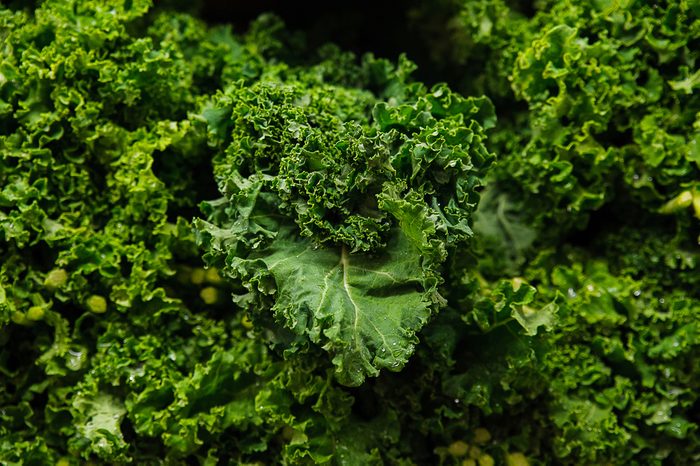
Kale
Rich in cancer-fighting antioxidants and vitamins, kale is also a good source of beta-carotene and is the top combo of vision-friendly lutein and zeaxanthin; one cup of greens contains 23.8 mg of these eye-friendly nutrients, according to the AOA. “Dark green leafy vegetables like kale, collards and spinach are rich in lutein,” says Lylas G Mogk, MD, ophthalmologist and medical director of Henry Ford Visual Rehabilitation Centers in Grosse Pointe, Michigan. Bonus: Green leafy vegetables like kale are also rich in nitrates, a precursor for circulation-enhancing nitric oxide. A study out of the University of California–San Francisco found an association between people who consumed the greatest amount of nitrates and green leafy vegetables with a lower risk of primary open-angle glaucoma. (The study appears JAMA Ophthalmology.) Glaucoma is the umbrella name for a group of diseases that leads to optic nerve damage and can cause blindness. This damage often occurs because of fluid buildup that increases pressure in your eye, according to the American Academy of Ophthalmology. Reduce your risk by using kale in a salad or side dish, blending it into fruit smoothies, or baking the leaves into kale chips.
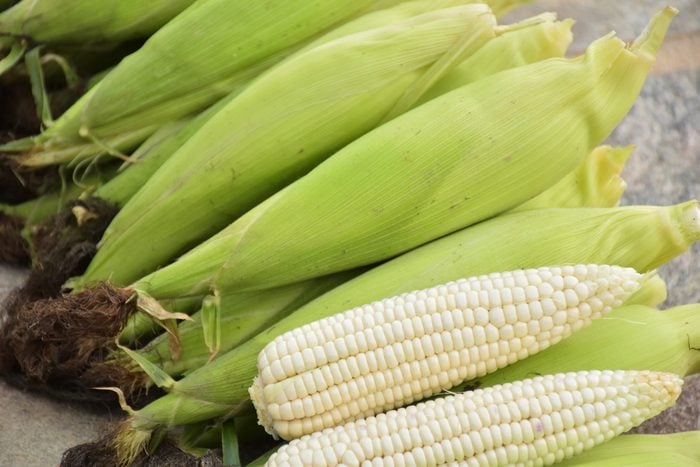
Corn
It’s not just a tasty side dish; corn also contains some lutein and zeaxanthin, according to the AOA. Although greens contain more lutein and zeaxanthin, it still may be worth adding some corn to your favorite dishes. Add it to chilis, soups, and casseroles to help support your vision. Corn is also one of the healthiest foods you can find at any fair.
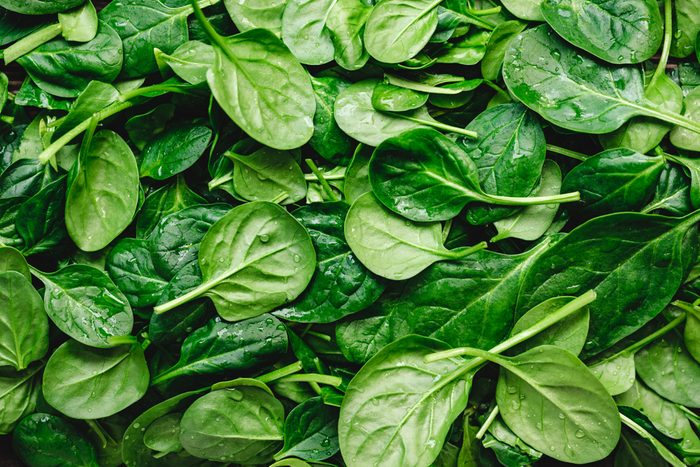
Spinach
One cup of nutrient-dense spinach packs a healthy 20.4 mg of lutein and zeaxanthin; you can add spinach to sandwiches and wraps, use it as a salad starter, or blend it into green smoothies. Note: Cooking the greens helps your body better absorb lutein. Not ready to go for the green just yet? Check out these other amazing health benefits of spinach.
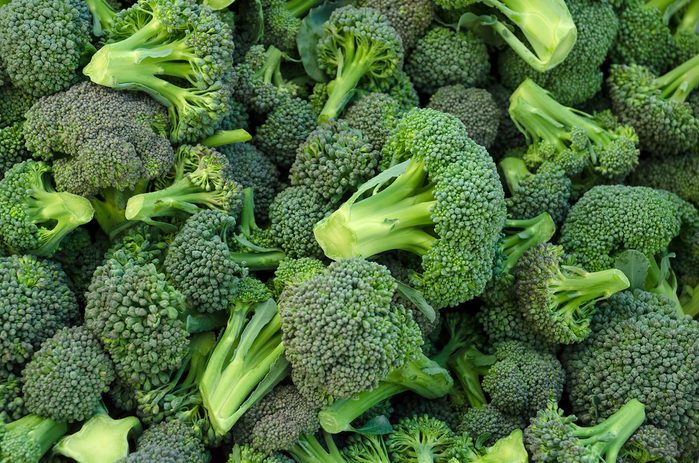
Broccoli
This fiber-rich veggie is rich in vitamin C, and also contains eye-boosting beta-carotene, as well as lutein and zeaxanthin. Experts at the AOA explain that vitamin C reduces the risk for cataracts and slows the progression of age-related macular degeneration. Add cooked broccoli to omelets and frittatas, or toss it in marinara sauces and pasta dishes. P.S: Broccoli is also one of they 12 cancer-fighting superfoods you should be eating every day.

Pumpkin
Pumpkins aren’t just good for Halloween decorations, they’re good for your vision too. This winter squash is rich in vision-boosting vitamins A, C and E, zinc, fiber, lutein, and zeaxanthin, the AOA reports. Roast it until the edges brown.
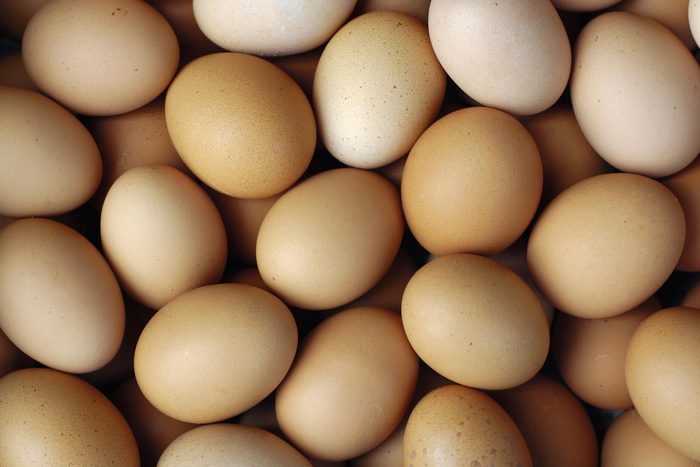
Eggs
One of the healthiest ways to start your day, protein-packed eggs are also providing as lutein, vitamin E, omega 3s and zinc, in addition to other nutrients and vitamins. Certain eggs are even better for you: England’s Best eggs, for example, have 38 percent more lutein than regular eggs, and more than double the omega-3s in regular eggs. Omega-3 fatty acids may help protect against AMD and dry eye, according to the AOA. Eggs are also a great source of zinc, and the Age-Related Eye Disease Study (AREDS) study showed that taking 40-80 mg/day of zinc, along with other antioxidants may slow the progression of advanced macular degeneration by about 25 percent and visual acuity loss by 19 percent among people at high risk for this blinding condition.
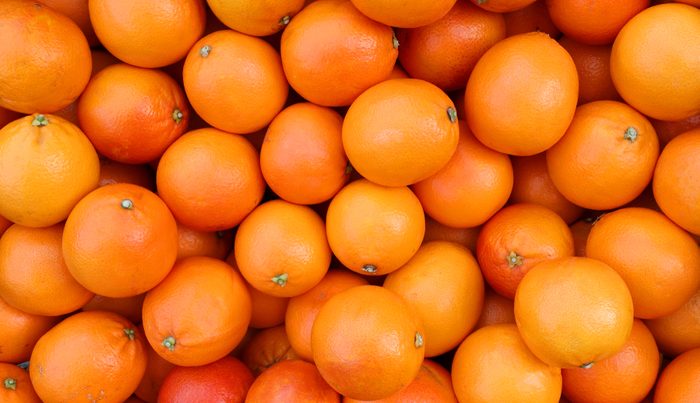
Oranges
Oranges, grapefruit, strawberries, papaya, green peppers, and tomatoes are chock full of vitamin C, which may help improve the health of your eye tissue, the AOA states. Adults who regularly drink orange juice and included C-rich foods in their diet are about 33 percent less likely to develop cataracts over a 10- year period, according to a study in Ophthalmology.

